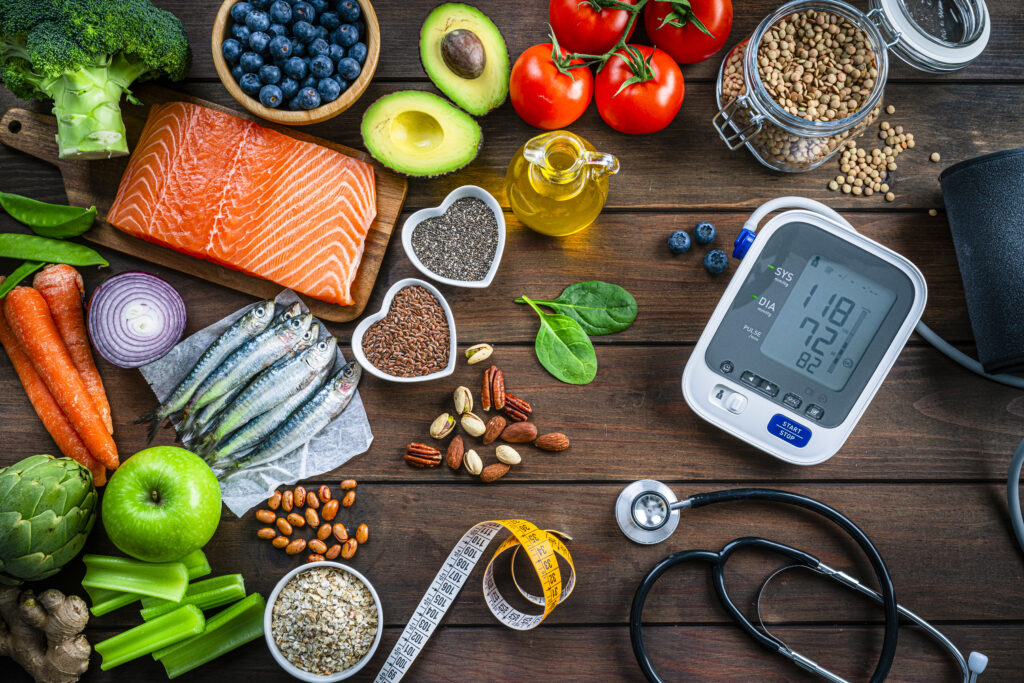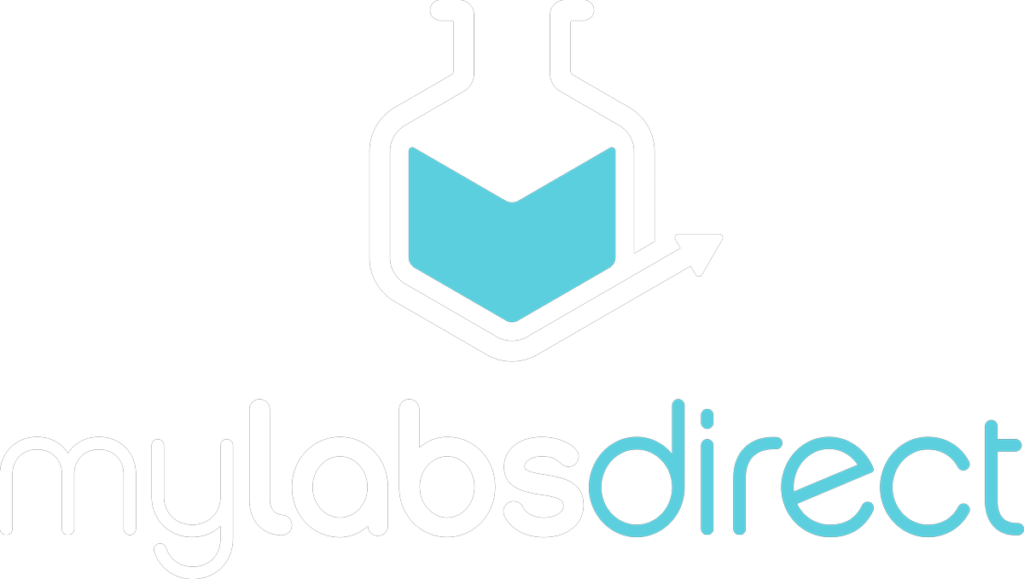The 5 Most Common Nutrient Deficiencies

What is nutritional deficiency?
It’s common knowledge that our body pulls the vitamins and minerals that it needs from the foods we consume, but how do we know when our body has inadequately absorbed what we’ve given it? Nutritional deficiencies occur when our body does not receive or properly absorb the nutrients needed for peak performance. There are a few deficiencies that are more common than you might think and although you may have subtle symptoms from each deficiency, all together, they may be keeping you from feeling your best.
What are the 5 most common types of deficiencies?
1 – Iron deficiency
Simply put, iron deficiency occurs when your body does not have an adequate supply of iron. This can be troublesome as iron is used to make hemoglobin, a substance needed to enable red blood cells to carry oxygen. This deficiency is often referred to as anemia and is characterized by the following symptoms:
- Extreme fatigue
- Weakness
- Pale skin
- Fast heartbeat or shortness of breath
- Cold hands and feet
- Inflammation or soreness of your tongue
- Brittle nails
- Unusual cravings for non-nutritive substances such as ice, dirt, or starch
- To reduce your risk of iron deficiency, you should consume iron rich foods including red meat, pork, seafood, beans, dark green leafy vegetables, dried fruit, peas. In addition to, or in place of iron rich foods, you can also take iron supplements.
2 – Vitamin D deficiency
When your body is deficient in Vitamin D, your bones and muscles take a toll as this vitamin is essential for bone development and maintenance. Vitamin D is needed in order for your body to use calcium and phosphorus to build bones and support healthy tissues. It also plays a role in your nervous system, your musculoskeletal system, and your immune system. Symptoms of Vitamin D can look different in children compared to adults:
Children
- Incorrect growth patterns due to bowed or bent bones
- Muscle weakness
- Bone pain
- Deformities in joints
Adults
- Fatigue
- Bone pain
- Muscle weakness, muscle aches or muscle cramps
- Depression or mood changes
There are several ways to curb Vitamin D deficiency – most agree the best course of treatment include: sun exposure, taking supplements, and adding foods rich in Vitamin D, such as: salmon, tuna, trout, beef liver, mushrooms, egg yolks, and cod liver oil into your diet.
3 – Vitamin B12 deficiency
Vitamin B12 deficiency is often overlooked as its symptoms are similar to other nutrient insufficiencies but it’s essential for energy production and central nervous system function. The ability to absorb Vitamin B12 worsens with age, but that’s not to say that children and young adults will not experience Vitamin B12 deficiencies. Be on the lookout for the following B12 deficiency symptoms:
- Weakness, tiredness, lightheadedness
- Heart palpitations and shortness of breath
- Pale skin
- Smooth tongue
- Constipation, diarrhea, loss of appetite
- Numbness or tingling, muscle weakness
- Vision loss
- Depression, memory loss, or behavioral changes
Similar to most deficiencies, it can be corrected by eating foods that are rich with that particular vitamin. For Vitamin B12, you should add more meat, poultry, seafood, dairy products, and eggs to your diet. However, you can also add a supplement to your daily routine.
4 – Folate deficiency
Folate is especially important for women who are pregnant as it aids in the growth and development of unborn babies. Your body needs folate to make new red blood cells and the genetic material in your cells (DNA), hence why it can be troublesome if expectant mothers are experiencing an insufficiency. Regardless if you are pregnant or not, you should look out for the following symptoms of folate deficiency:
- Extreme fatigue
- Paleness
- Shortness of breath
- Irritability
- Mouth sores or mouth ulcers
- Reduced sense of taste
- Memory loss
- Difficulty concentrating
- Weakness
Luckily, eating a well-balanced diet full of leafy greens, citrus fruits, nuts, beans, peas, seafood, eggs, dairy, meat, poultry, and grains can help you prevent folate deficiency. If these foods aren’t a part of your everyday meals, there are also supplements available.
What is the difference between B12 and folate deficiency?
Due to the dietary sources of B12, vegetarians and vegans are at a higher risk of developing B12 and/or folate deficiencies. You can find folate in peas, beans, citrus fruits, and dark green leafy vegetables whereas B12 comes from meat, poultry, seafood, and dairy products. Both deficiencies can cause fatigue, weakness, and anemia, however, severe B12 deficiency can cause complications like depression, paranoia, delusions, memory loss, incontinence and loss of taste and smell.
5 – Magnesium deficiency
Magnesium deficiencies aren’t as common as the rest, but that may be attributed to the fact that it’s often underdiagnosed. The obvious signs and symptoms don’t appear until your levels are severely low so it’s important that the following are not overlooked:
- Loss of appetite
- Nausea and vomiting
- Fatigue and weakness
- Shaking
- Muscle spasms
- Hyperexcitability
- Abnormal heart rhythms
As mentioned before, this is another deficiency that can be remedied with a balanced diet. A magnesium rich diet consists of leafy green vegetables, legumes, nuts, seeds, and whole grains. Many of the foods listed in this deficiency as well as the others, not only lowers your risk for deficiencies but also supports your overall health!
Now that you know what the common deficiencies are, I’m sure you’re wondering “how do I learn if I have any nutritional deficiencies?”
You can schedule an appointment at one of our facilities or order an at-home collection kit to be delivered to your doorstep. Although your symptoms may be subtle, they shouldn’t be overlooked. You can plug your food intake into an app that will break down your nutrient consumption, but it won’t tell you how your body is absorbing what you’re putting into it. Do yourself a favor and give your health a closer look.
Sources
https://my.clevelandclinic.org/health/diseases/22198-folate-deficiency
https://www.health.harvard.edu/nutrition/the-truth-about-nutrient-deficiencies
https://www.healthline.com/nutrition/vitamin-b12-deficiency-symptoms

